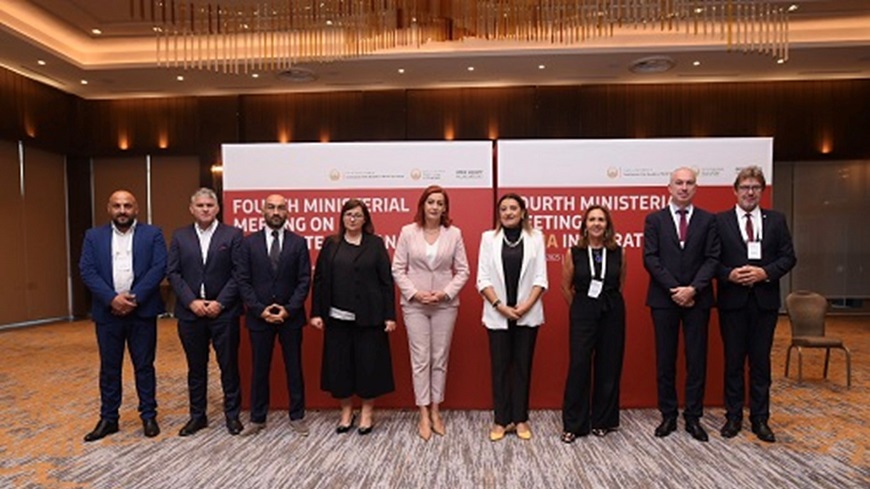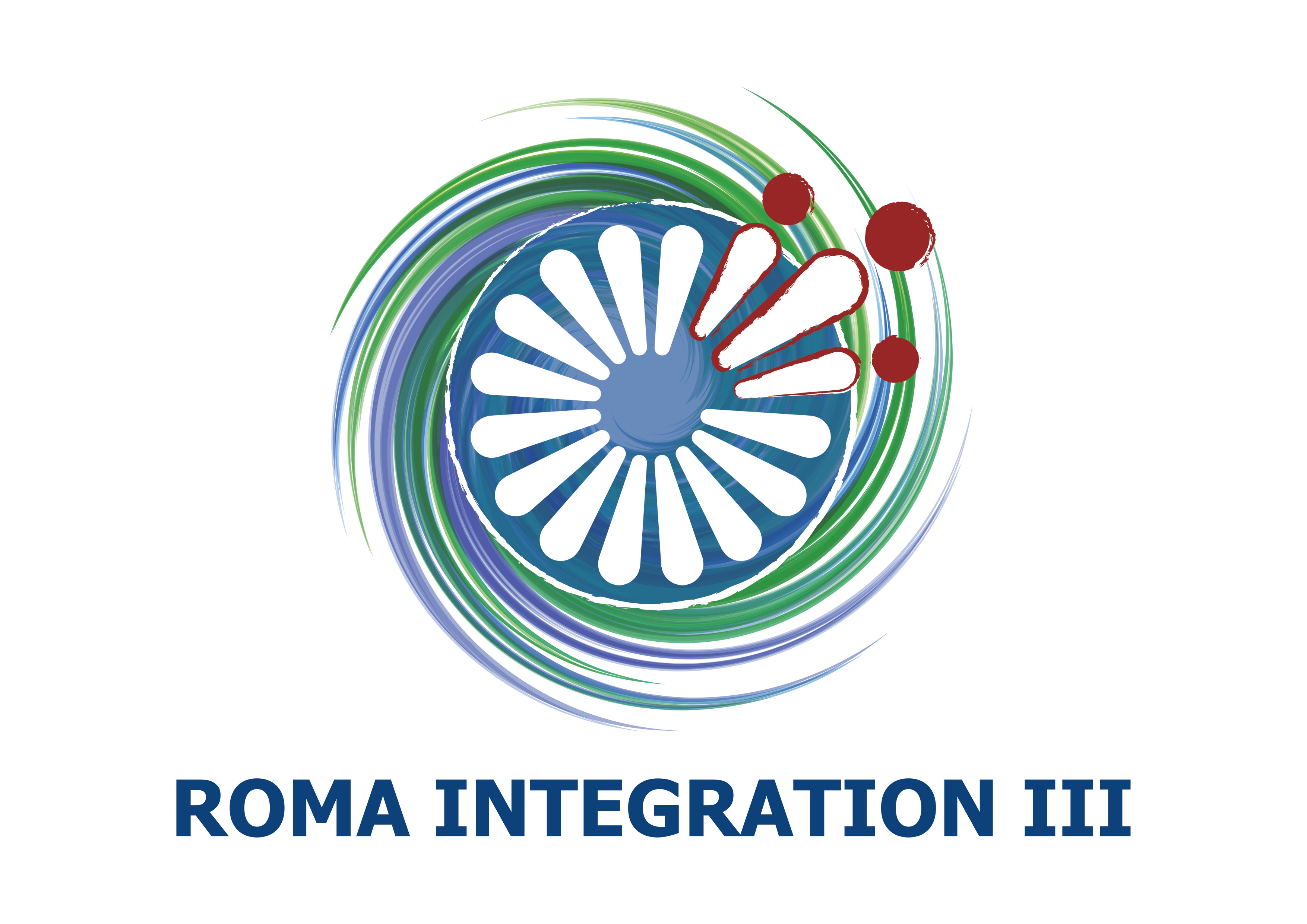Ministers from Western Balkan candidate countries convened in Skopje, North Macedonia, for the Fourth Ministerial Meeting on Roma Integration, a significant step forward in addressing persistent challenges faced by Roma communities. The meeting, organized by the Government of North Macedonia in collaboration with the Open Society Foundations, marked a crucial milestone in the implementation of the Poznan Declaration adopted in July 2019.
In the pursuit of advancing Roma inclusion, the ministers expressed their collective commitment to addressing the multifaceted discrimination and social exclusion experienced by the Roma community. Acknowledging the challenges at hand, they reaffirmed their dedication to the Poznan Declaration and subsequent ministerial meetings, underscoring a united commitment to fostering inclusivity. The ministers recognised the potential that the Roma population holds for the region's economic growth, demographics, and cultural richness.
In a forward-looking move, the ministers called on the Council of Europe to provide an independent assessment of the implementation of the Poznan commitments. This data-driven approach aims to identify gaps, make necessary adjustments, and ensure accountability. This initiative aligns with the ministers' focus on continuous improvement and progress, building on the commitments made in the Poznan Declaration.
Enlargement Commissioner Oliver Varhelyi, reflecting on the integration efforts, emphasized that the Roma population, particularly the youth, is viewed as a valuable asset for the region. He reminded attendees of the inclusion of Roma people in the €30 billion European Investment Plan for the Western Balkans four years ago, calling for sustained attention and action.
The draft conclusions of the meeting outlined a path forward without being confined to specific, numbered points. Instead, they emphasised key areas such as education, employment, housing, and the fight against antigypsism as pivotal elements in the ongoing efforts for Roma integration.
In the realm of education, the ministers acknowledged the transformative role of education in breaking the cycle of poverty and exclusion. They pledged to develop language support programmes for Roma children facing language barriers, ensuring equal access to early childhood education for vulnerable families.
Addressing the employment gap, ministers committed to establishing Roma-specific training programmes, internships, and mentorship opportunities. Financial incentives for employers hiring Roma individuals, particularly focusing on young Roma and Romani women, were proposed to foster economic empowerment and self-sustainability.
On the housing front, the ministers vowed to develop guidelines and allocate a budget for the regularization of informal settlements. This includes defining minimum standards for infrastructure, land tenure, legal recognition, and access to essential services. A feasibility study for a social housing investment under the Western Balkans Investment Framework was proposed, demonstrating a commitment to improving living conditions.
In the fight against antigypsyism, a dedicated committee will be established to conduct a comprehensive review of existing school textbooks, identify instances of bias, and promote a more inclusive education system.
As the ministers look ahead to the next ministerial meeting in 2024 in Serbia, the Fourth Ministerial Meeting on Roma Integration stands as a beacon of collaboration and commitment. It signifies a collective determination to overcome challenges, celebrate diversity, and build a more inclusive future for all in the Western Balkans.


